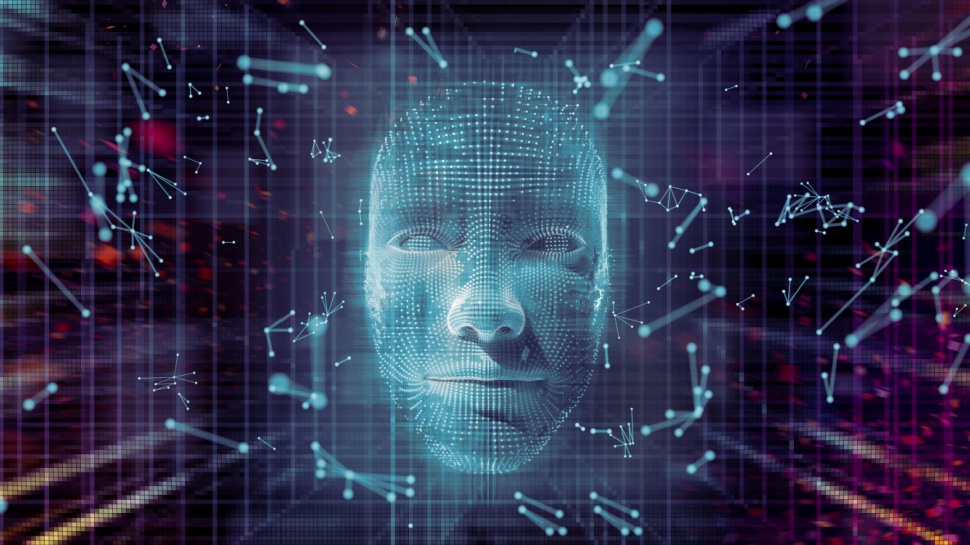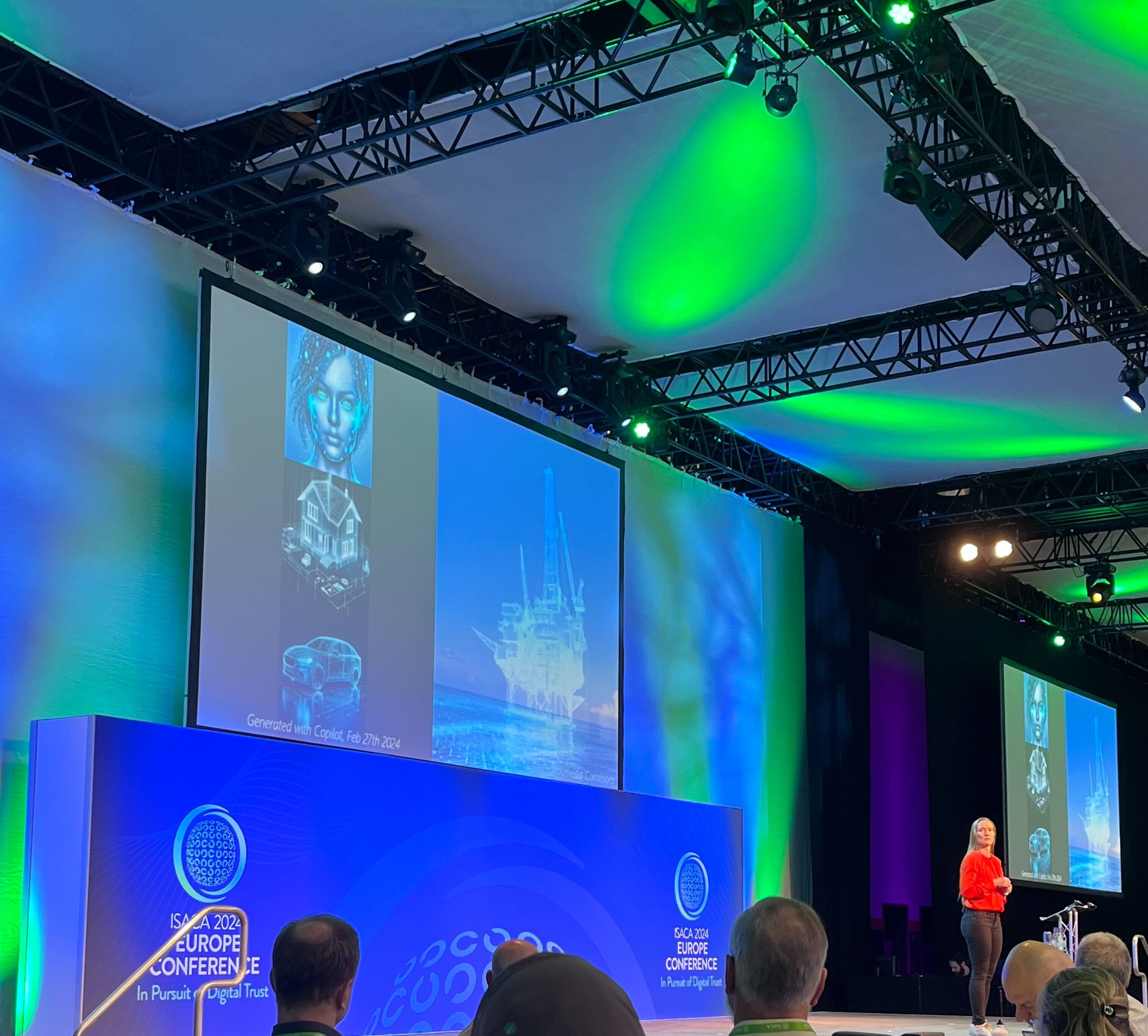‘AI is mathematics, not magic’ — AI expert says the problem is human expectations
Elin Hauge says we need to change the way we think about AI to manage fears

A top AI and business strategist has outlined why AI is misunderstood, but why in spite of that, the technology is here to stay.
In her keynote speech at the recent ISACA event in Dublin, ElinHauge described AI as the inevitable next step in the technology roadmap, pointing to it as the obvious evolution from big data and digital transformation, which we have been heading towards for decades, but only now have developed the computing power to actualise it.
“We have the digital data, we have the digital processes and systems, which means it makes sense to apply mathematics and computing power to get more insight, to do more forecasting, to do better projections," she noted.
It's only maths
Humanity now has the computational power to interpret lots and lots of data, which means better predictions, new methods, and content generation to a very high level - and that’s what scares people. But it's only maths, Hauge observes;
“And then we call it artificial intelligence, and we get really, really scared. Artificial intelligence is really only the natural next step of the digital transformation, and the current capacity we have for using computing power, and it is a huge toolbox.”
People get too caught up in ChatGPT, Hauge says, which is just a tiny piece of the picture. Generative AI’s domination of the headlines makes people nervous, but it shouldn’t.

Great expectations
So why do people misunderstand what AI is capable of? Because we’re asking it to do too much, Hauge says.
Are you a pro? Subscribe to our newsletter
Sign up to the TechRadar Pro newsletter to get all the top news, opinion, features and guidance your business needs to succeed!
“Just look at headlines in the media," she stated. "We talk about machines as [if] they are thinking, they are feeling, they are sentient. Do they have souls? Do they have personality? We give them names? Okay, this is a huge problem, because what we do need to talk about is that this is about mathematics.”
Hauge stressed the importance of understanding AI’s capabilities - ‘Large Language Models are not magical truth machines’, she says. In other words, they can predict, they cannot think.
Since a lot of people don’t really understand how we can or should be using AI, the hype has led to a lot of disappointment. Many are fatigued with AI and predict an end to the tech’s domination - but not Hauge,
“So yes, we might be in or we are in some kind of financial bubble right now," she notes. "What I'm trying to tell you is that this technology is not going anywhere. We will just get a bit more pragmatic and realistic understanding of what it entails.”
Once expectations are adjusted and the dust settles, AI will just be another part of daily life that we don't even need to think about. As long as we use it cautiously.
”The opportunity space is endless, but so is the opportunity for mess," Hauge says, pointing to the Dutch childcare benefits scandal, where a self-learning algorithm was introduced and wrongly accused 26,000 families of benefit fraud over a 15 year period, as one such mess.
“You have to navigate the risks of decision making and you have to ask the leaders you work with - what's the cost of you being wrong if you use this prediction model to automate decisions?”
Above all else, Hauge reminds us that AI is a machine. No matter how human it seems, the technology is not a replacement for human judgement.
More from TechRadar Pro
- Check out our pick of the best endpoint protection software
- Many UK workers still aren't using AI at work
- Take a look at our best malware removal software choices

Ellen has been writing for almost four years, with a focus on post-COVID policy whilst studying for BA Politics and International Relations at the University of Cardiff, followed by an MA in Political Communication. Before joining TechRadar Pro as a Junior Writer, she worked for Future Publishing’s MVC content team, working with merchants and retailers to upload content.